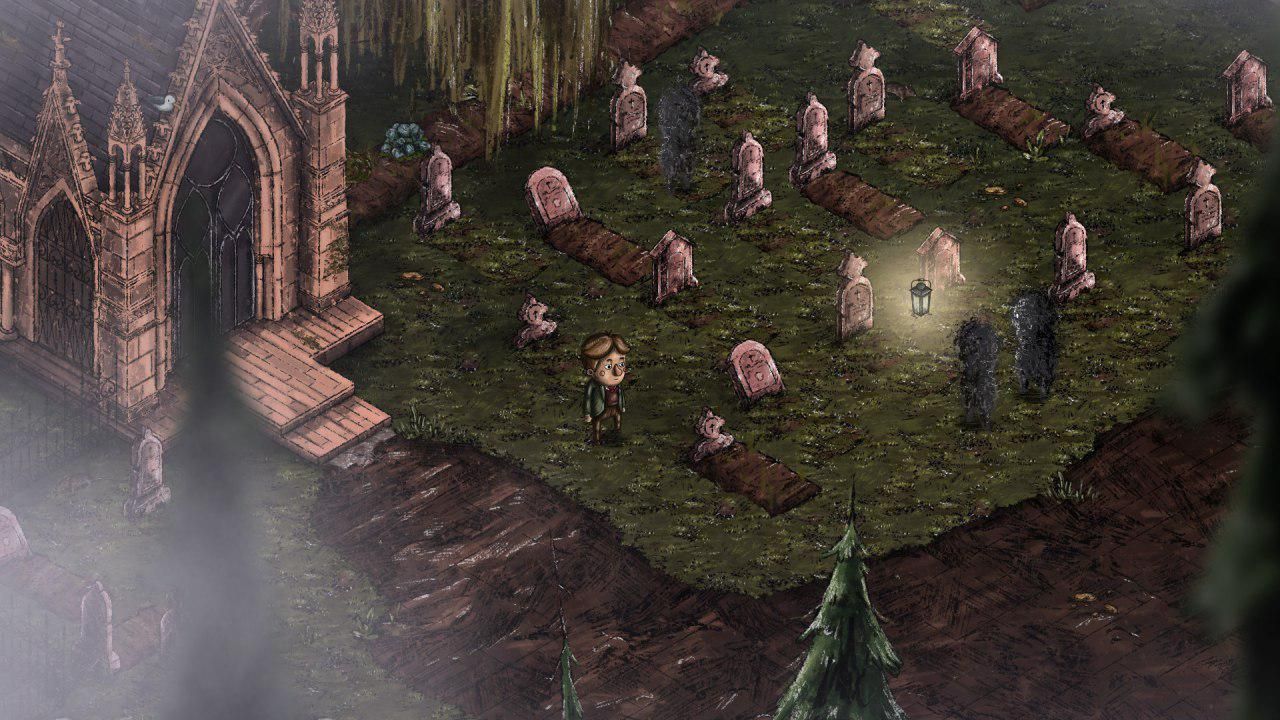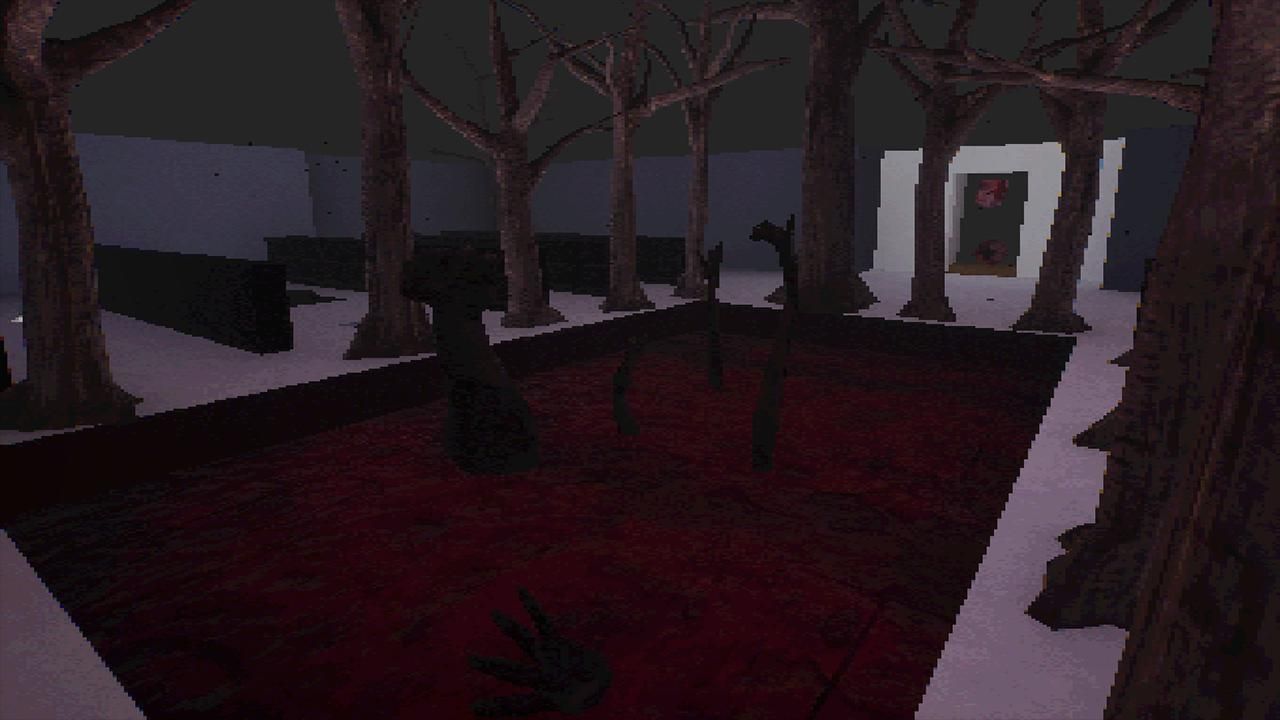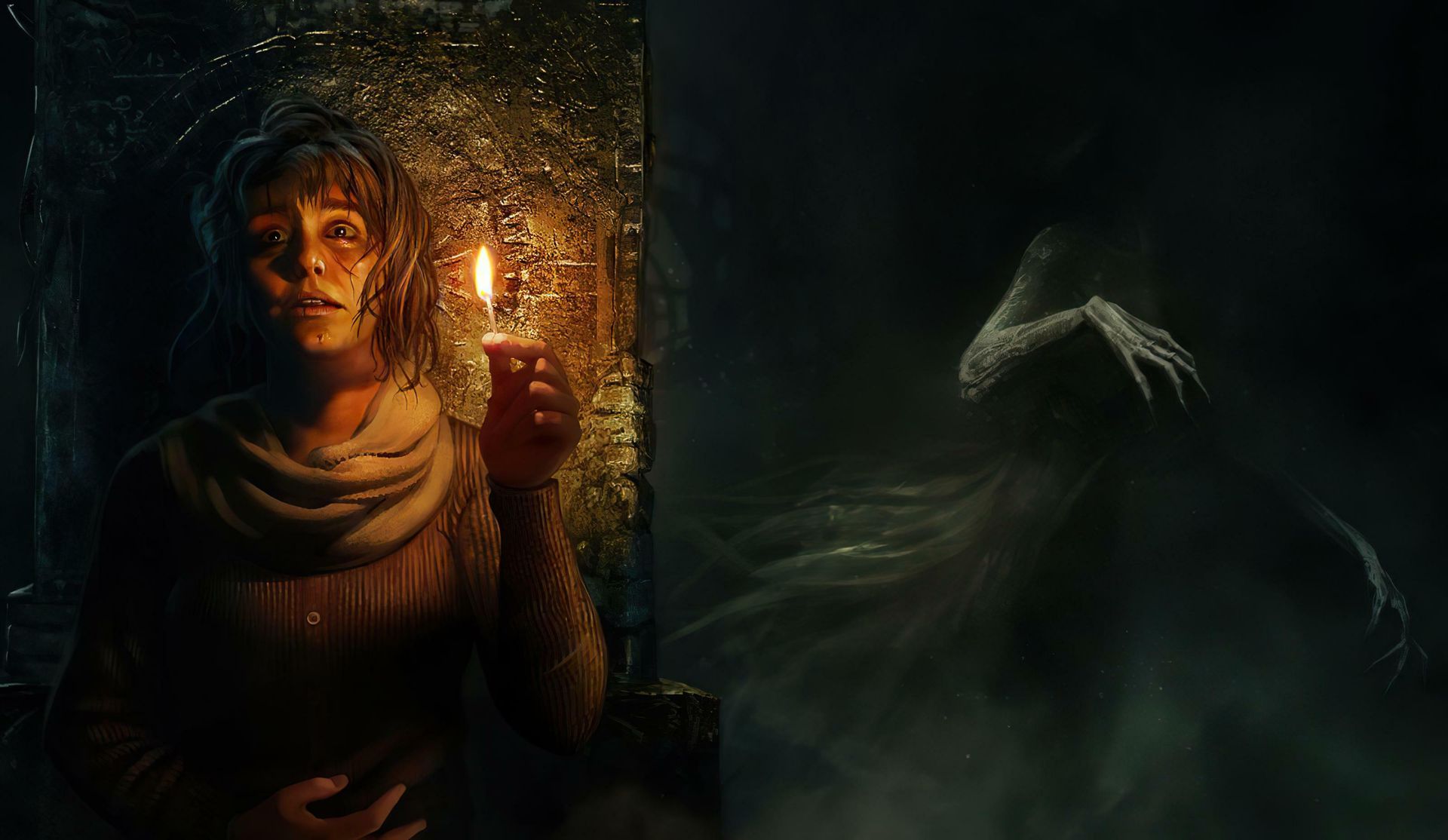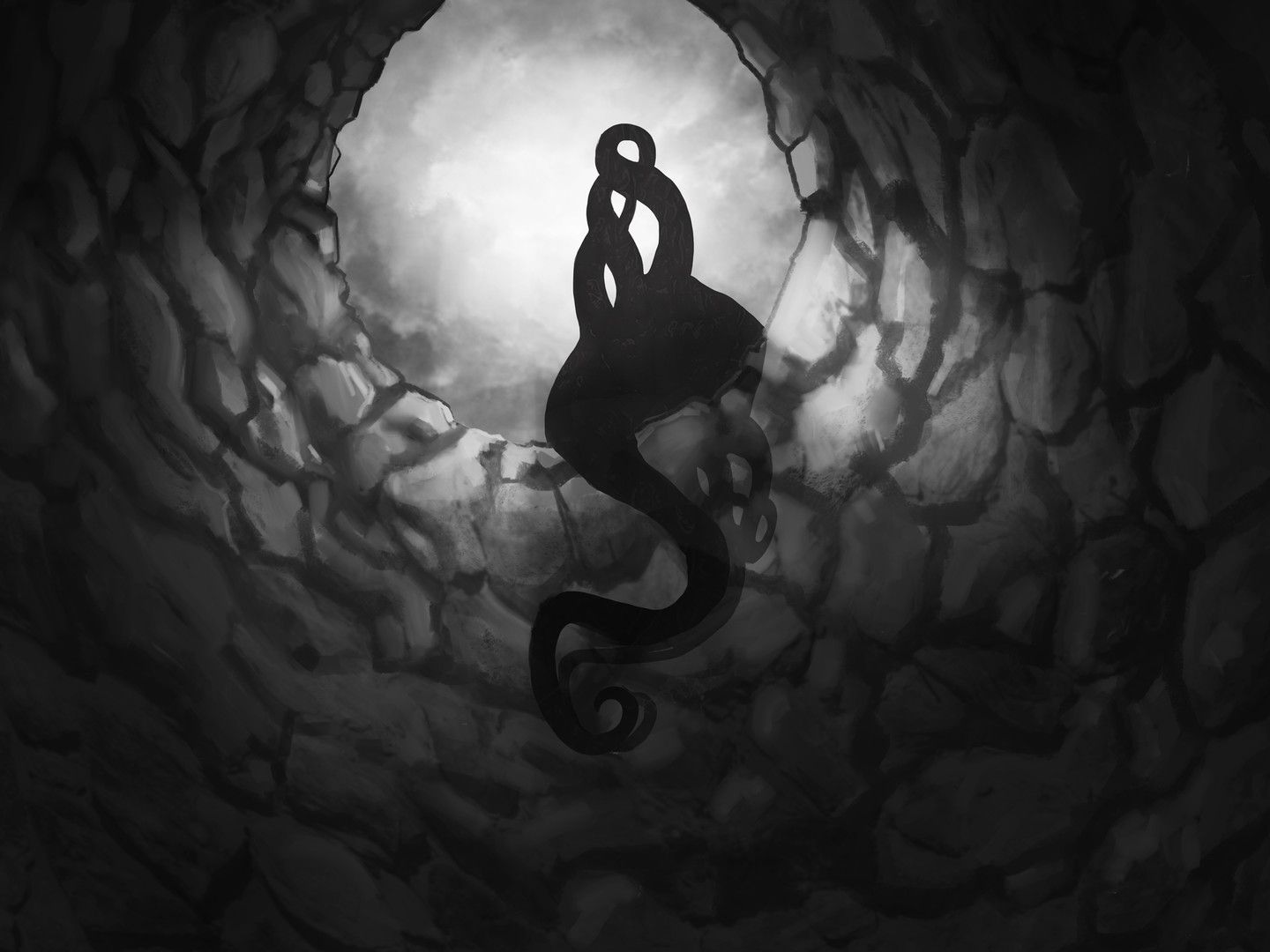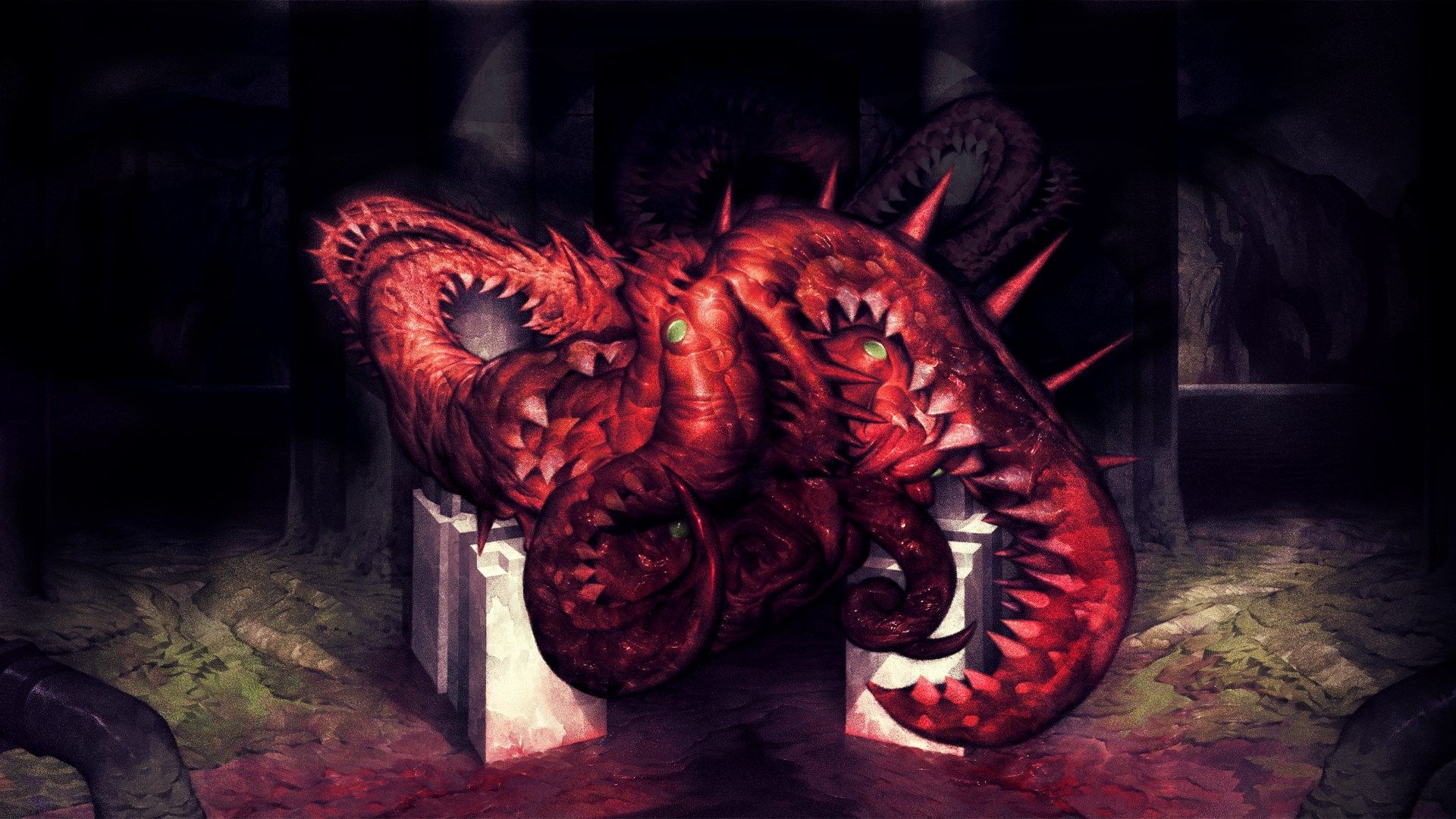Sherlock Holmes: The Awakened (2007)
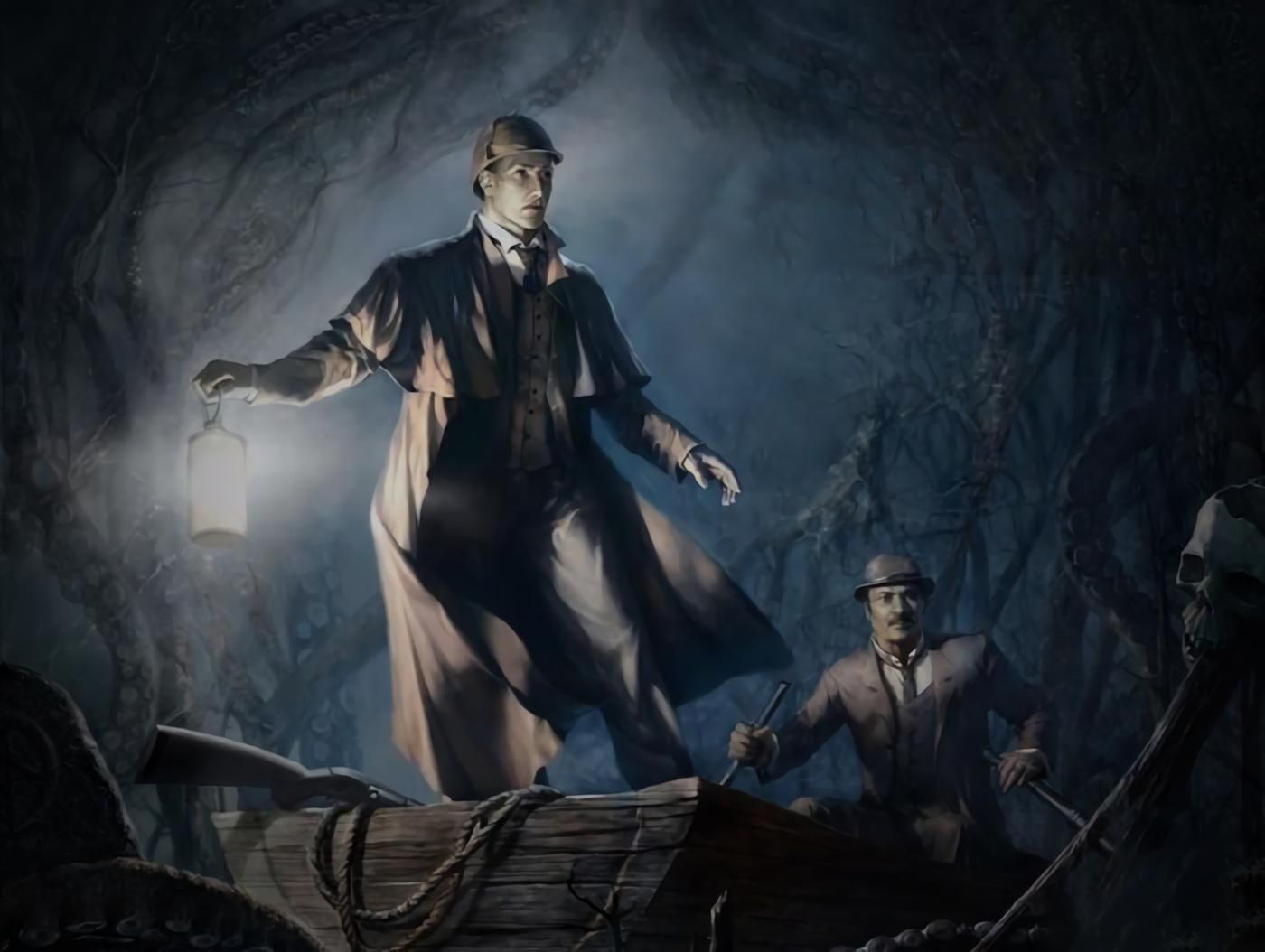
Cerebral Gameplay Rooted in Deduction
Sherlock Holmes: The Awakened offers an old-school investigative experience that makes no concessions to modern handholding. Players must truly think like Holmes — observing environments, collecting clues, and stitching together theories through logic rather than scripted prompts. It's a rewarding system for players who enjoy piecing together puzzles, but one that demands attention and patience.
A Successful Union of Mythos and Mystery
The unexpected fusion of Arthur Conan Doyle’s rational detective with H.P. Lovecraft’s irrational terror is one of the game’s greatest achievements. The creeping cosmic dread complements Holmes’s cold logic, creating a compelling thematic dissonance. The deeper the investigation goes, the more the narrative toys with perception and sanity, culminating in a finale that feels both Holmesian and otherworldly.
Tension and Mood Through Setting
From fog-laden docks to candlelit asylums, the game’s environments are evocative and unsettling. Though built on dated technology, the game still achieves a sense of eerie immersion. Lighting, ambient audio, and subtle visual cues maintain a constant tension, even when the pace slows.
Mechanics and Interface Friction
While the investigation mechanics are robust, the interface often lags behind. Object interaction can be finicky, and inventory use is not always intuitive. Navigation within complex scenes can become tedious, with unclear objectives leading to aimless backtracking.
Puzzle Design and Accessibility
Puzzles range from cleverly contextual to frustratingly opaque. Some are deeply satisfying — such as decoding cult symbols or unlocking secret compartments. Others, however, suffer from poor signposting or lack of feedback, occasionally bringing momentum to a halt.
Image Gallery
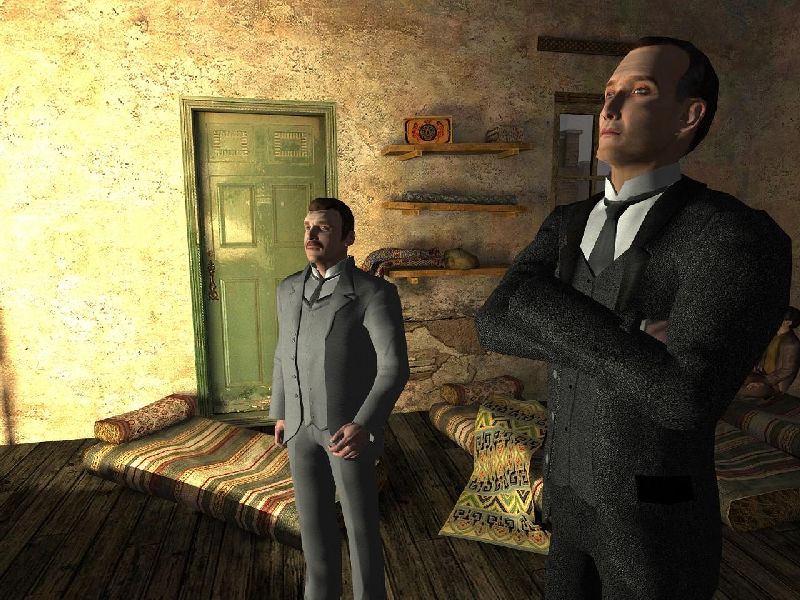
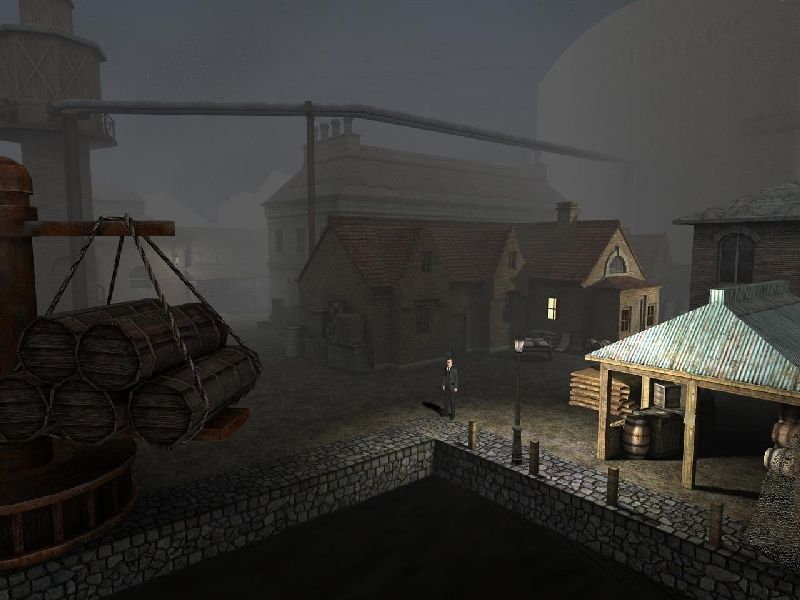
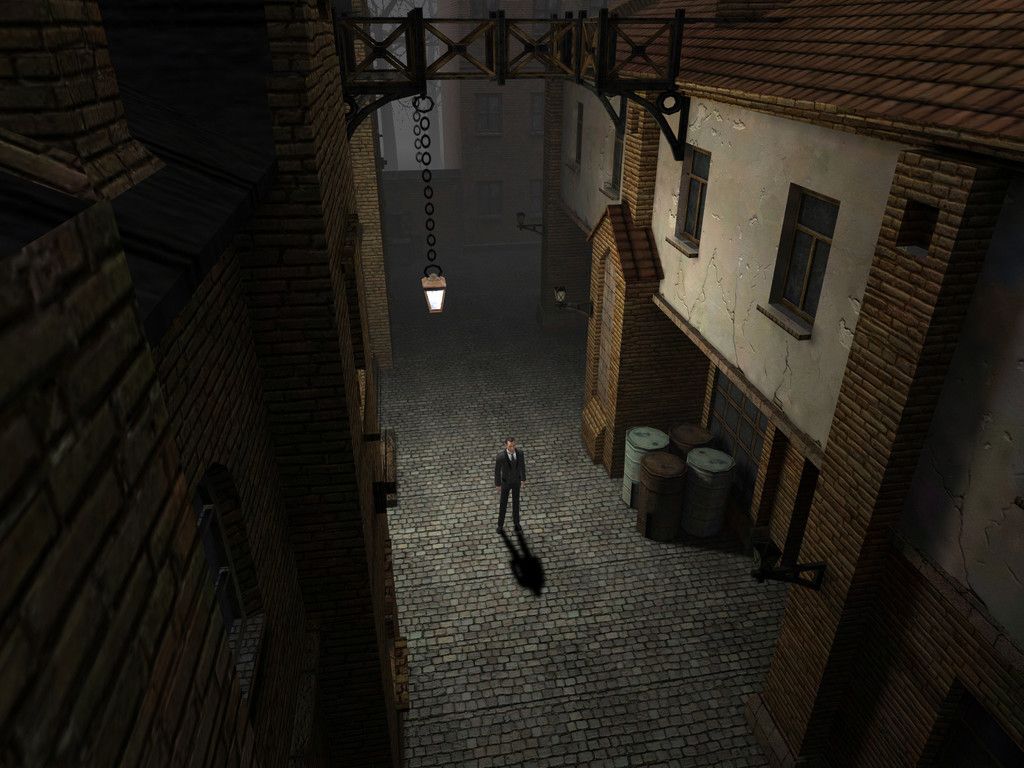
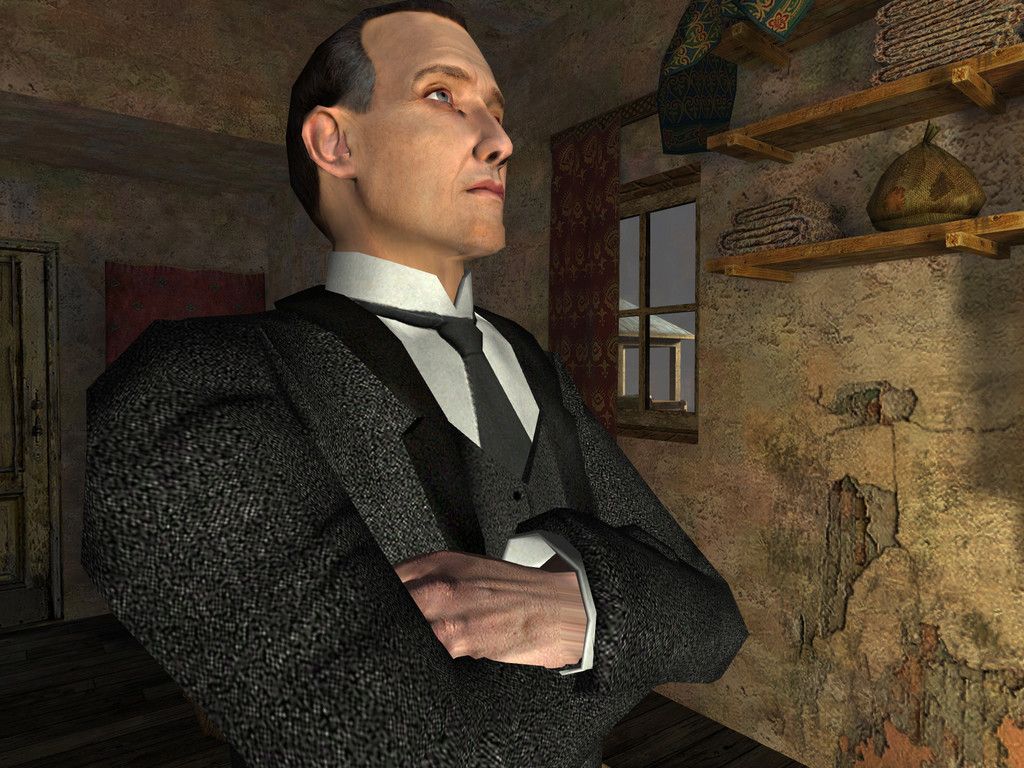
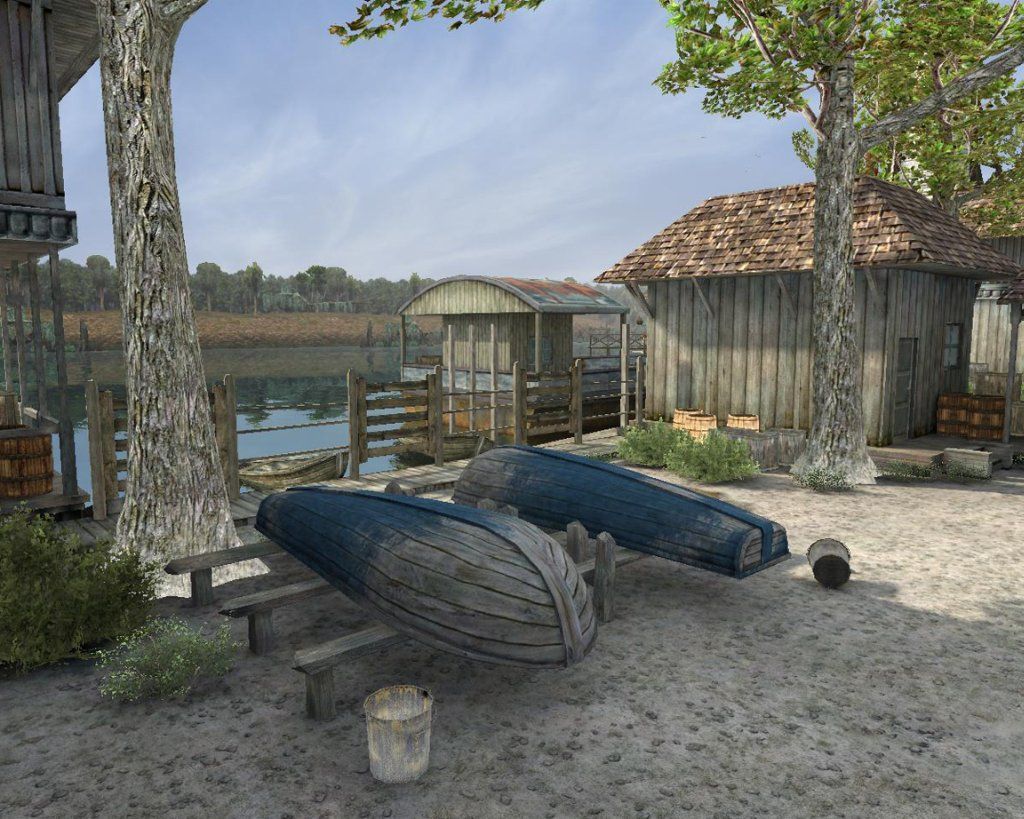

Game Mechanics
This detective game blends immersive exploration, logic-based deduction, and puzzle-solving to challenge players in unraveling a deep, mysterious narrative.
-
Investigation and Deduction
Players gather clues, interrogate suspects, and analyze evidence to solve complex cases. The game emphasizes logical reasoning and attention to detail.
-
First-Person Exploration
The game utilizes a first-person perspective, immersing players in the environments and enhancing the sense of discovery and tension.
-
Puzzle Solving
Various puzzles, including code-breaking and mechanical contraptions, are integrated into the narrative, requiring critical thinking to progress.
-
Inventory Management
Collected items and documents are stored in an inventory system, allowing players to combine and analyze them to uncover new information.
Gameplay Tips
Solving mysteries requires both attention and preparation. These tips will help you navigate the world effectively and avoid common mistakes.
-
Thorough Exploration
Examine every area meticulously; crucial clues can be easily missed without careful observation.
-
Note-Taking
Keep a physical or digital notebook to track clues and hypotheses, aiding in complex deductions.
-
Patience with Puzzles
Some puzzles may be challenging; take your time to understand the mechanics before attempting solutions.
-
Save Frequently
Regularly save your game to avoid losing progress, especially before attempting difficult puzzles or interrogations.
Playstyles
Players can approach the game through various lenses, whether through analytical precision, puzzle focus, or narrative immersion.
-
Analytical Approach
Focus on gathering all available evidence and cross-referencing information to make accurate deductions.
-
Puzzle Enthusiast
Prioritize solving puzzles and riddles, which often unlock new areas and provide essential clues.
-
Narrative Explorer
Engage deeply with the story, paying close attention to dialogues and documents to fully grasp the plot's intricacies.
Inspirations and References
The game draws on classic and literary influences to enrich its narrative tone and world-building, blending detective fiction with supernatural horror.
-
H.P. Lovecraft's Mythos
The game integrates elements from Lovecraft's Cthulhu Mythos, blending detective fiction with cosmic horror.
-
Victorian London
Set in the late 19th century, the game captures the atmosphere and societal nuances of Victorian-era London.
-
Sherlock Holmes Canon
While presenting an original story, the game remains faithful to the characterizations and themes of Arthur Conan Doyle's works.
-
Classic Adventure Games
The game's mechanics and storytelling draw inspiration from traditional point-and-click adventure games, emphasizing exploration and problem-solving.
Final Verdict
Sherlock Holmes: The Awakened (2007) is a rare blend of detective precision and cosmic unease — a game that challenges both intellect and perception. Its meticulous investigation system and Lovecraftian storytelling reward players who crave thoughtful gameplay over action. While some dated mechanics and obscure puzzles may test your patience, the atmosphere and thematic ambition are undeniable. For those who relish uncovering ancient horrors through the lens of pure logic, this twisted case is one worth opening.
Strengths
- Authentic detective gameplay rooted in observation and deduction.
- Atmospheric environments that evoke dread and curiosity.
- Successful fusion of classic Holmes mystery with Lovecraftian horror.
- Challenging puzzles that reward logical thinking.
- Narrative progression through environmental storytelling and interrogations.
Weaknesses
- Pacing can be slow, especially during backtracking-heavy segments.
- Some puzzles lack clear instructions and can feel obtuse.
- First-person interface may feel clunky to modern players.
- Limited voice acting and facial animations can break immersion.
- Navigation and clue-handling are occasionally unintuitive.
Editorial Review

Sherlock Holmes: The Awakened (2007) plays with the mind like a maestro, orchestrating horror mechanics that manipulate perception. Its design is a masterclass in tension, where every clue and misstep feels deliberate, leaving the player in a constant state of analytical dread.

In 'Sherlock Holmes: The Awakened (2007),' the cost of knowledge is a haunting echo through the corridors of the mind. It's a melancholic journey, where the fear of knowing too much is a shroud that hangs heavy on the soul, beautifully capturing the essence of Lovecraftian horror.

The game demands a tactical approach, rewarding meticulous observation and punishing careless exploration. Its systems are unforgiving, yet sharp, creating a survival experience that tests the player's resolve and strategic acumen.

Sherlock Holmes: The Awakened (2007) is a tapestry of dark wonder, where beauty and terror coexist in a delicate balance. The game's aesthetic is enchanting, drawing players into a world where the line between childlike curiosity and adult horror blurs.
You might also like
About the author
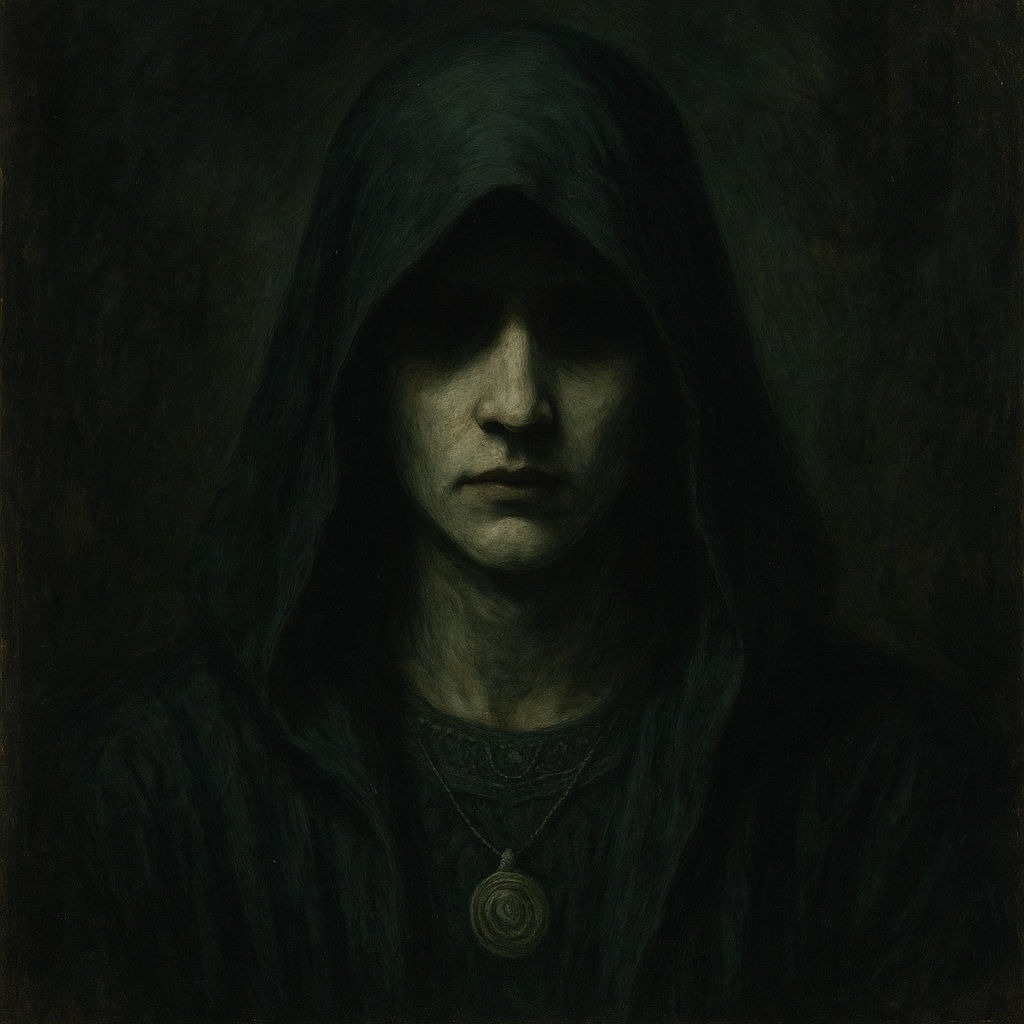
Neith
I’m Neith. I walk the edges of madness and meaning. Stories that disturb, games that whisper — those are my domain.
